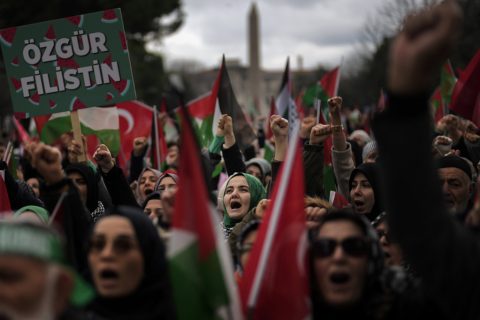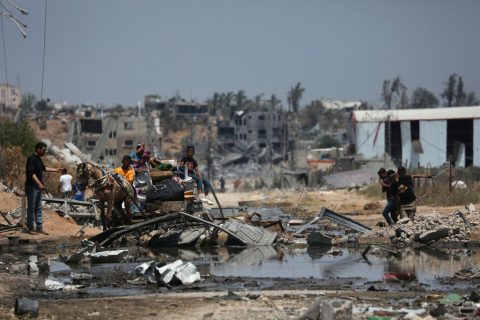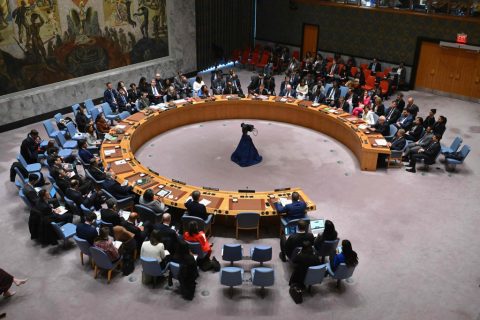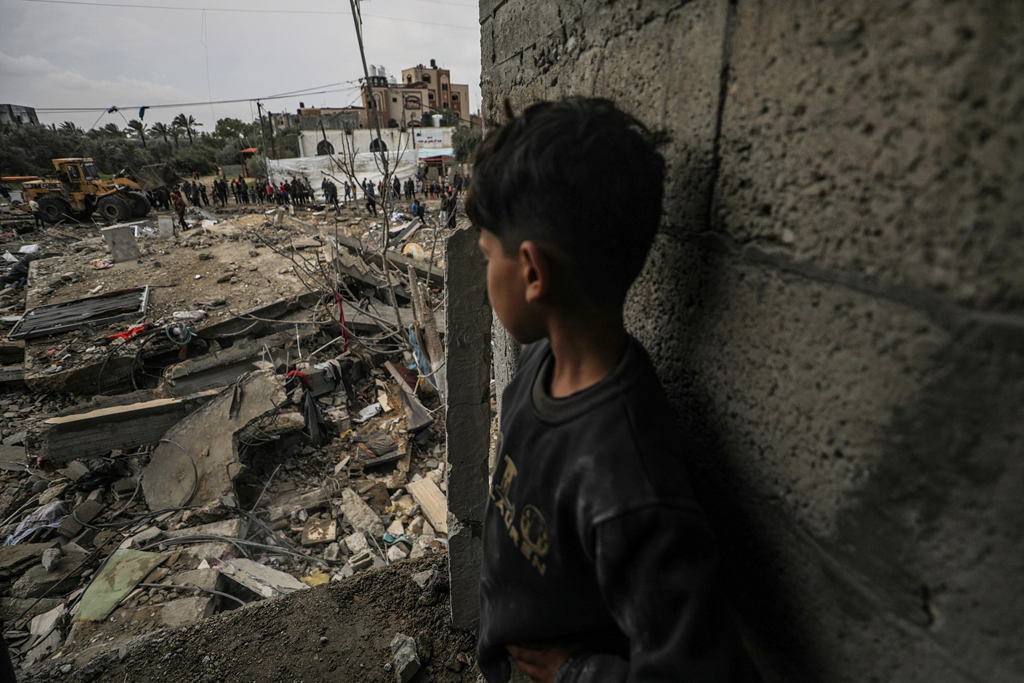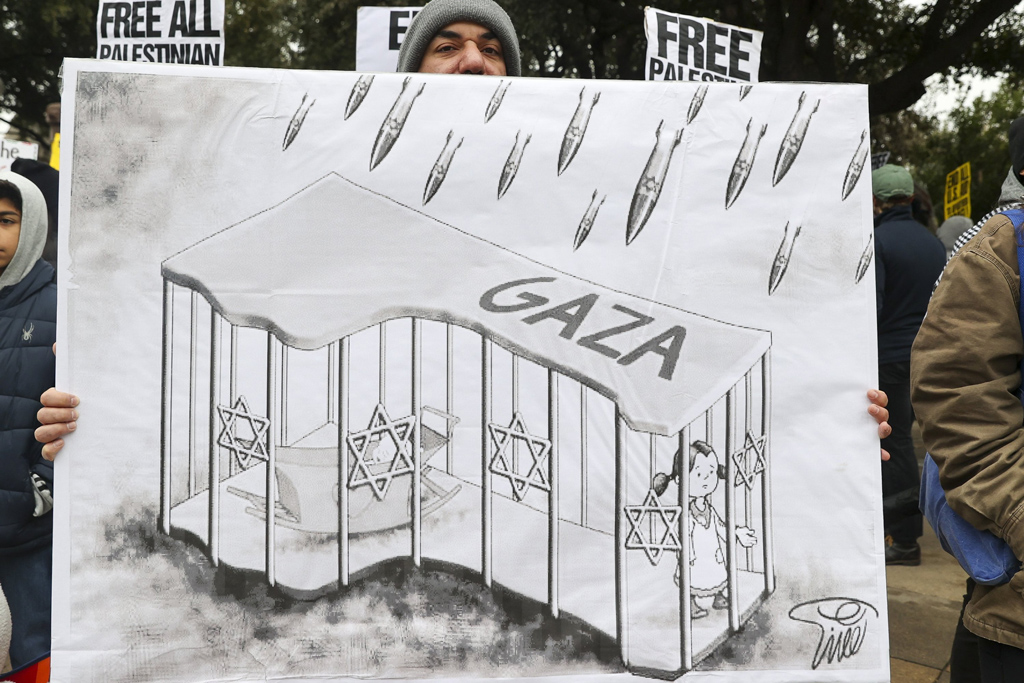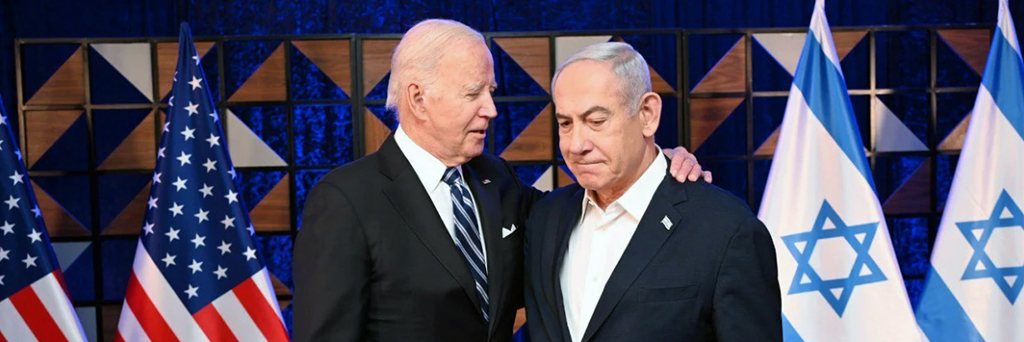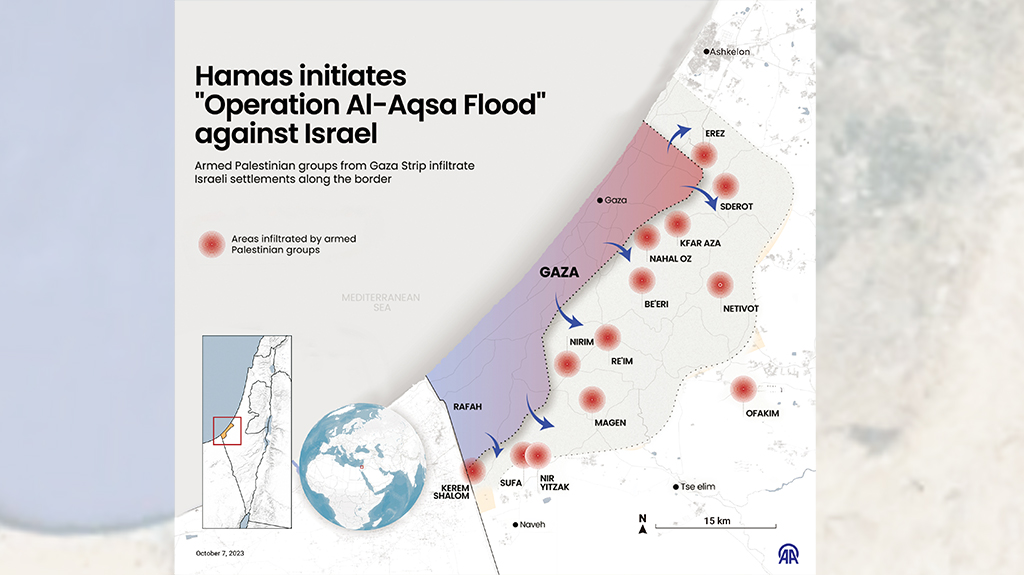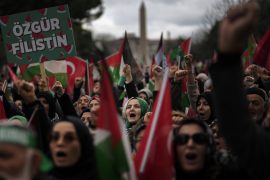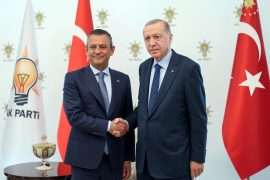The Palestine File

Diplomatic push for peace: Türkiye’s efforts in Gaza
| OpinionSince the early days of the post-Oct. 7 period, Türkiye has been insistently trying to …
-
Opinion
Diplomatic push for peace: Türkiye’s efforts in Gaza
By Muhittin AtamanSince the early days of the post-Oct. 7 period, Türkiye has been insistently trying to de-escalate the tension in Palestine and to find a way for a lasting cease-fire. In the wake of the Al-Aqsa Flood and the first Israeli reactions, Türkiye called both sides not to escalate the tension. However, with the full support of the global Western powers, the Israeli side intensified its ruthless military campaign against innocent Palestinian civilians, the majority of whom are children and women, with full steam. Türkiye has been following an exceptional policy toward the Gaza crisis. It has taken several significant initiatives since Oct. 7.
-
Opinion
Why Arabs do not support Palestine?
By Muhittin AtamanIt is surprising to see that the Arab governments and citizens did not react effectively to the latest developments in the Gaza Strip. Although observers have been expecting a more effective reaction from Arab governments and citizens, they have largely remained indifferent to the ongoing genocide against the Palestinian people, living not only in the Gaza Strip but also in the West Bank. The streets of Arab states are unexpectedly very quiet compared with the streets of many non-Arab and non-Muslim countries.
-
Opinion
Will Israel implement the UNSC Gaza cease-fire resolution?
By Muhittin AtamanThe United Nations Security Council (UNSC) has passed a resolution demanding an immediate cease-fire in Gaza for the month of Ramadan. The 14 members council members voted in favor of the resolution, which was proposed by the 10 elected members of the council. Only the United States abstained from the vote. After the vote, there was an unusual round of applause in the council chamber, showing how much the international community wants the bloodshed to end.
Bu Konuda Daha Fazla
-
Lies about Gaza leaving Muslims unresponsive to Israeli brutality
By Muhittin AtamanIt has been more than five and a half months that Israel has continued its genocidal operation against the innocent civilians of the Gaza Strip. Crimes committed by Israel are protested worldwide, especially by Western citizens. Ironically, the people of Muslim countries remained silent against the Israeli atrocities. Besides the reluctance of most Muslim governments, the Arab governments in particular, it seems that Muslim people also remain largely indifferent to the suffering of the Gazan people.
-
Antalya Diplomacy Forum confronts Israeli attacks on Gaza, Mideast...
By Burhanettin DuranThe effect of Israel's attacks on the Gaza Strip and tensions in the Middle East were discussed Friday at the Hope or Deception? Imagining a New Ground in the Middle East panel at the Antalya Diplomacy Forum.
-
Two-state solution in Palestine appears unfeasible
By Muhittin AtamanWhoever talks about the Palestinian-Israeli question from the United States to China and from the European Union to Russia claims that they support a two-state solution. The main reason for this claim is the two well-known United Nations Resolutions about the issue.
-
Is it possible for Biden to please Netanyahu?
By Kadir ÜstünThe Biden administration has been under pressure, as reported in the media for some time, to bring an end to military operations, facilitate humanitarian aid, and address the post-war governance of Gaza, especially considering the lack of positive response from the Netanyahu government. Reports suggested that Netanyahu's government did not respond positively to these requests, and there were indications that Washington's patience was wearing thin. The latest news, where Biden reportedly told Netanyahu that the ultimate solution is a two-state resolution, was quickly countered by Netanyahu stating that this possibility is not on the table, creating a significant setback for Washington. With these statements, Netanyahu not only declared the obvious but also made it clear that under his leadership, there would be no genuine peace process, embarrassing the American President, his biggest supporter, in the eyes of the public.
-
Operation al-Aqsa Flood: A Rupture in the History of...
By Muhammed Hüseyin MercanThis paper argues that the al-Aqsa Flood operation launched by the Izz ad-Din al-Qassam Brigades –the military wing of Hamas– on the morning of October 7 has led to a psychological and epistemological rupture in the Palestinian-Israeli conflict and Middle East politics as the operation marked a paradigm shift in the philosophy of the resistance. The infiltration of al-Qassam into the occupied territories by land, sea, and air was a clear sign of a change in the strategy of the resistance to continue the active struggle against the aggressive expansionism and aggression of the Zionist Israeli government. In this context, the study tries to frame Operation al-Aqsa Flood and analyze the dimensions of the rupture. Besides this, it will also outline the possible impact of the operation on global and regional politics, considering that the ongoing process will change the political balance in the Middle East.
